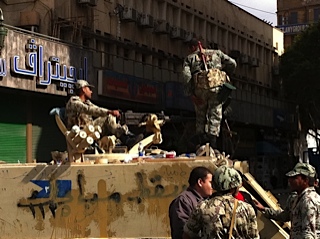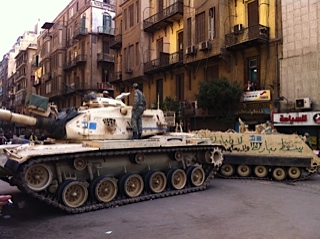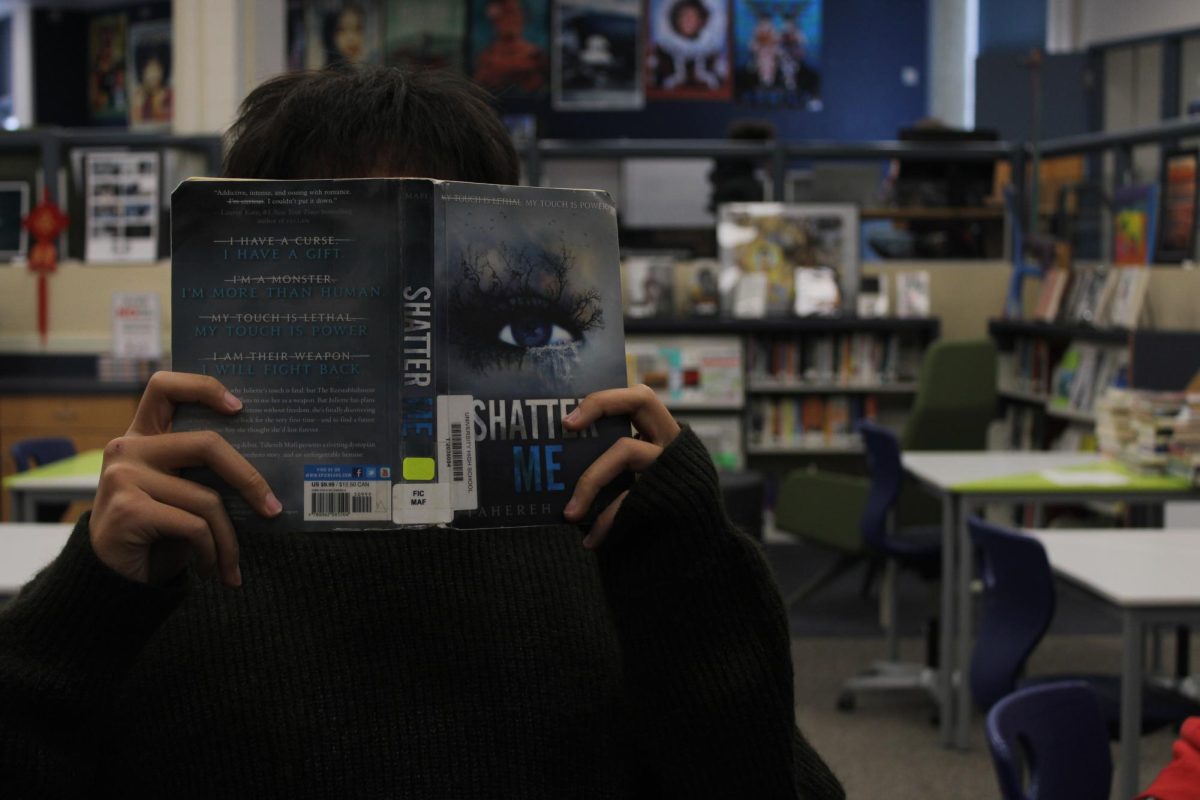October 9, 2011.
s set out to peacefully protest their mistreatment at the hands of the Egyptian government.Egyptian Christian
As soon as they arrive at the Maspero building, home of the official Egyptian state television, they come under fire by the Egyptian military. Tanks trample over Christians while firing live ammunition at the crowd. An Egyptian reporter on live television asks viewers to come to Maspero to help the military protect itself against Christian attackers–a total lie. Some Egyptians still mob Maspero and help the military continue this atrocity. This day is considered one of the worst massacres of Christians in modern Egyptian history.
My name is Pascal Boctor, and I was one such Christian; I was born in Long Beach, California. When I was one year old, my family made the decision to return to our native country, Egypt—a country where we as Christians had to follow Muslim laws, where we as Christians had to learn the Quran, and where we as Christians were not allowed to build new churches. There I attended the only French school in the country, which belonged to the French Department of Education.
Egypt is a third world country; more than 60 percent of Egyptians are illiterate, and hundreds of thousands of people are homeless. When I was young, the only aspect of Egyptian society I saw was that of the one percent of Egyptians who lived the “good” life; a decent life by American standards. As I grew up, I began to discover the real Egypt, an Egypt much different from the one where I was reared. I realized that belonging to the minority was not easy. Christians were not treated the same as others. At the time, I did not really care, as long as I was not directly affected.
Then came the day when that changed. On January 25, 2011, for the first time in 60 years, young Egyptians hit the streets to express their anger towards their president. Hosni Mubarak’s time of dictatorship was coming to an end, with people chanting all across the pharaoh’s land: “The people want the fall of the regime.” Millions of people flooded the streets, rioting and chanting against the government. I was one of them. We saw people bleeding from gun shots, people asphyxiated from tear gas and people crying because the military arrested their family members. Those people were never seen again. Through these times of hardship, Egyptians remained united, fending for each other despite the shock they endured. People could not believe what we Egyptians had accomplished–we had united as one under a common cause.
But then came the day we were all expecting yet still somewhat feared: February 11, 2011. The 30 year-long dictatorship came to an end with President Mubarak stepping down. Anarchy hit the streets of Egypt. I remember not being able to sleep that night because of the gunshots next to my house. The school would call us every night telling us that school was cancelled the next day due to bomb threats simply because it was a foreign school. I remember getting searched every day before entering my school. School, the place where students are supposed to feel the safest, became one of the most dangerous locations to be.Sometimes, while we were in class, the alarm would ring and we would be told that the school was being attacked. Roads were being closed because of riots and clashes between different groups of people. For about 6 months, the police were rarely seen. Only the strongest could survive these conditions.
The Muslim Brotherhood took advantage of this miserable situation to obtain power. Once the Muslim brotherhood took charge of the Egyptian parliament and the Egyptian presidency, things were not the same. More than 100 churches were burned down and we Christians were unable to walk in the streets without being threatened. We were even scared to go to a police station. Houses were also being burned. My own home was attacked and burned down. All of our possessions were being taken away. We were being persecuted simply for being Christian.
On June 30, 2013, the people decided once again to try and overthrow the regime; this time, the Muslim Brotherhood. In the biggest protest in history, more than 33 million people swarmed the streets of Egypt to express their anger against this group. The head of the military forces made the decision to overthrow the Muslim Brotherhood in response to the people’s demands.
Now, the Muslim Brotherhood is officially considered a terrorist group by the Egyptian government. Since this declaration, dozens of government buildings have been the target of bomb attacks by the Brotherhood, escalating on January 25, 2014, the anniversary of the day the riots first began.
There was no place for us in our own country. My family left.
The SquareTo learn more about the Egyptian revolution, watch
The Square, a Netflix original documentary. Nominated in the Oscars for best documentary,
relates the events of January, 2011 and gives viewers a moving first-person experience of the tragedies that occurred in Egypt.
Written by PASCAL BOCTORStaff Writer










